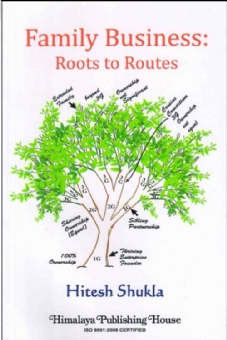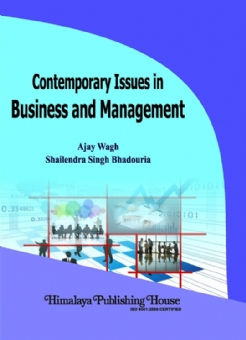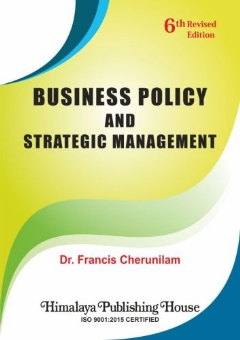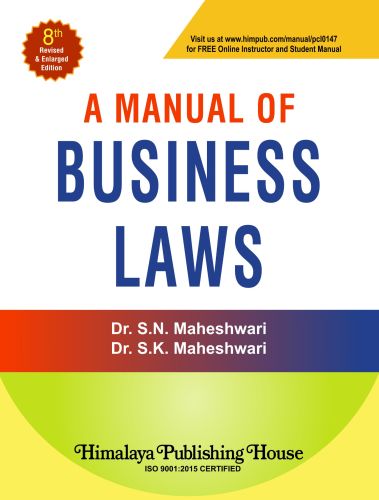The development of mobile, cloud solutions, social media use within firms and the extension of Internet applications to the “physical” through the Internet of Things (IoT) has favoured the link between “business” and “digital”. As a result, large volumes of high velocity, complex and variable data (Big Data) are more and more stored; specific tools for data analysis are more and more needed leading to more digital transformations.
Besides the transformation of IT deployment, the adoption of such disruptive tools and technologies imposes additional challenges to firms that are pushed “to create new business models that consider and leverage the increased digitization” (Gebhart et al., 2016; Khare et al., 2017). Moreover, Challmo and Williams (2018) and earlier Gens (2016) expect that every (growing) enterprise will become a “digital native in the way its executives and employees think and how they operate”.
To highlight this interrelation between “business” and “digital”, this book focuses on examining the concept of digitalization which is related, according to Gartner (2017), to the use of digital technologies to improve businesses, and create new revenues and value-producing opportunities. Thus, digitalization allows organizations to change their business model and value chains with the use of disruptive technologies and digital data in the digital economy (Skilton, 2016). Such business transformations should be understood and mastered by providing practical tools and frameworks to assist managers in dealing with digitalization challenges. In this book, a special focus will be on transitional economies facing big concerns and challenges linked to unexpected events and additional global pressures. Digitalization and digital transformation can be, at the time, sources of opportunities and risks for such economies when dealing with globalization challenges.
To organize this process, the text is divided into five chapters.
In the context of the above backdrop, it is heartening to note that the subject “106 – Digital Business” is included by Pune University in its MBA curriculum in its new 2019 syllabus.
Contents –
1. Electronic Commerce
2. Mobile Commerce, Social Commerce and IoT
3. Digital Business Ecosystem
4. Digital Business Applications – I
5. Digital Business Applications – II
Bibliography







